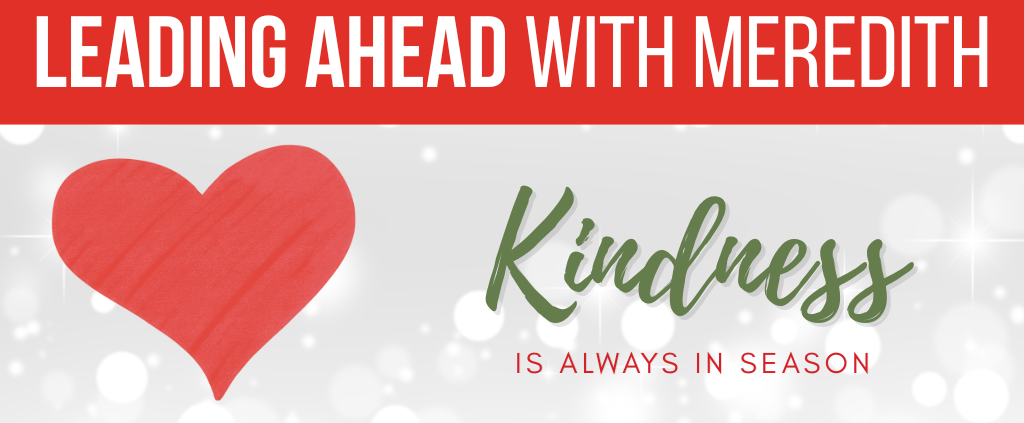Fresh produce on display / Photo by Bethany Prange
There it is, staring at me from the dim light of my refrigerator – a half-used jar of spaghetti sauce.
Once again, I faced an all too familiar question – is it still good?
As my mind spins with every horror story I’ve ever heard about food poisoning, I ponder whether or not it is safe to pour on my pasta.
 Unfortunately, this is a common occurrence in my household. I spend more time than I care to admit wondering whether food in my pantry and refrigerator is still edible.
Unfortunately, this is a common occurrence in my household. I spend more time than I care to admit wondering whether food in my pantry and refrigerator is still edible.
I’m notorious for buying healthy items I think I’ll eat – organic macaroni and cheese comes to mind – and then letting the food expire in the pantry.
When I inevitably run across that box of macaroni, or that half-used jar of spaghetti sauce, I’m never really sure what to do. I’m conflicted by my distaste for wasting food and my desire to avoid food-borne illness.
Here at the St. Louis Area Foodbank, we face that same challenge every day. But instead of wondering about just one jar of spaghetti sauce, we’re dealing with millions of pounds of food a year.
Thankfully, we have some rules to guide us. As a starting point, we use The Food Keeper – A Consumer Guide to Food Quality & Safe Handling, a publication of the Food Marketing Institute and the Cornell University Institute of Food Science.
I really should post this handy little guide on my own refrigerator!
The Food Keeper provides a detailed list of every food imaginable, with guidelines for how long each food will stay good fresh, refrigerated and frozen. It also offers some tips and advice I never even considered.
Here’s a few highlights:
 • Set your refrigerator to 40 degrees Fahrenheit or below. And don’t overload it – air must circulate freely to cool all food evenly.
• Set your refrigerator to 40 degrees Fahrenheit or below. And don’t overload it – air must circulate freely to cool all food evenly.
• Foods frozen at their peak quality will taste better than foods frozen near the end of their useful life. Quickly freeze items you don’t plan to use in the next two days.
• Leave meat, poultry and seafood in the original store packaging before using.Repeated handling means the chance for more bacteria.
• Butter stays good for one to three months in the refrigerator while margarine is good for six months in the fridge.
• Don’t defrost foods on the kitchen counter! Defrost one of three ways – in the refrigerator, in a sealed package in cold water, and in the microwave!
• Foods thawed in the fridge can be refrozen without cooking! But foods defrosted in cold water or in the microwave must be cooked immediately.
• Most shellfish, fish and poultry is only good for one to two days in the refrigerator. It lasts much longer in the freezer.
• Always put cooked food on a clean plate that did not previously hold the raw foods! This is a big reminder for grilling season!
• Many shelf-stable items, such as canned vegetables, spaghetti sauce and dry pasta, are good unopened for two years! Just watch for severe dents, cracked jars or leaking items and get rid of those immediately.
• The USDA has a meat and poultry hotline, 1-800-535-4555, you can call 10 a.m. to 4 p.m. every week day to find out more about the safe handling, cooking and storage of food!
• An expired date doesn’t necessarily mean the food needs to be discarded – BUT be sure to learn more before making that decision.
1. “Sell-by” means you should buy the product before that date.
2. “Best If Used By or Before” is a recommendation for best flavor – it is not a purchase or safety date.
3. “Use By” is the last date recommended for use of the produce at its peak quality.
To see a complete copy of The Food Keeper, visithttps://stlfoodbank.org/agency-access/ and click on Food Life Extension List.

Bethany Prange is the communications coordinator at the St. Louis Area Foodbank


